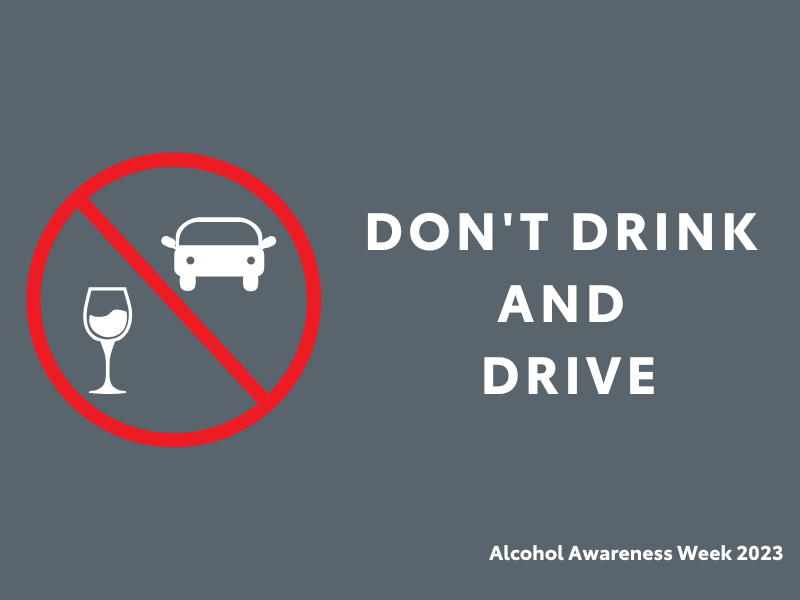England, Wales and Northern Ireland | Scotland
Level of alcohol:
Micrograms per 100 millilitres of breath – 35 | 22
Milligrammes per 100 millilitres of blood – 80 | 50
Milligrammes per 100 millilitres of urine – 107 | 67
UK drink-driving penalties
You could be imprisoned, banned from driving and face a fine if you’re found guilty of drink-driving. Find out more about the penalties here.
